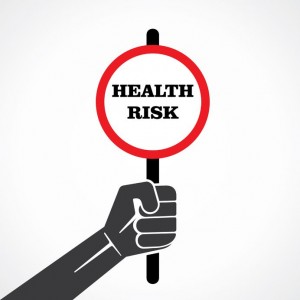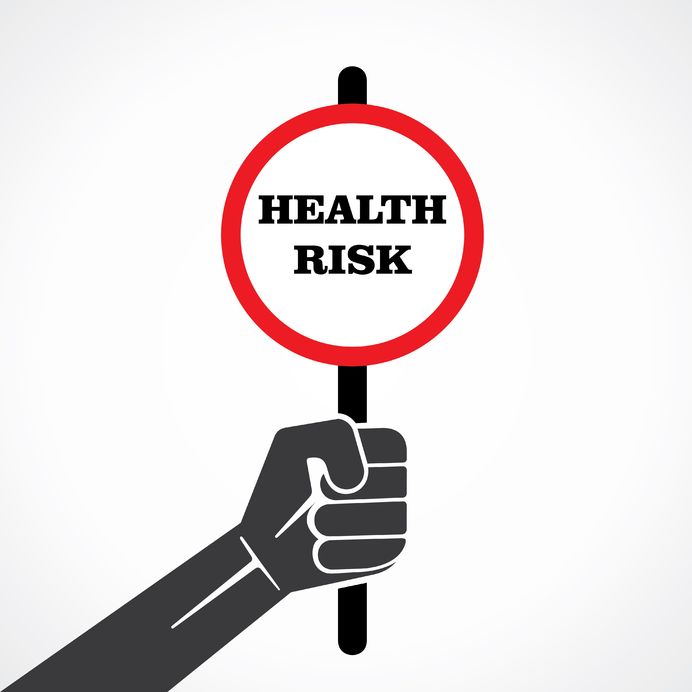Research continues to strengthen the evidence that indicates sleep plays an important role in cardiovascular health. Heart problems, including hypertension and increased risk of heart attack, are associated with poor sleep. According to the Centers for Disease Control, almost 6 million adults in the United States suffer from heart failure. Heart failure is directly responsible for 55,000 deaths every year and is a contributing factor in hundreds of thousands of deaths in the United States annually.
Heart failure occurs when the heart is unable to pump blood effectively at levels that meet the body’s constant needs. This is a serious cardiovascular disease that has no cure.
Norway, researchers conducted a large-scale study to explore the relationship between insomnia and heart failure. They found that the presence of several symptoms of insomnia is associated with a higher risk of developing heart failure.
The study included more 54,000 men and women, ages 20-89, who were all participants of a large-scale public health study. At the beginning of the study, none of the participants had known symptoms or evidence of heart failure. Data collected on the particpants’ sleep included detailed information on three common symptoms of insomnia, difficulty falling asleep, difficulty staying asleep and feeling un-refreshed upon waking up (a sign of non-restorative sleep).
Over the course of 11 years, a little more than 1,400 participants developed heart failure. Researchers analyzed data to identify a possible relationship between the incidence of heart failure and insomnia symptoms while controlling for other factors that could influence the risk of heart disease, including age, cholesterol and high blood pressure, body mass index, history of heart problems, and alcohol and tobacco use. They found that insomnia was associated with a higher risk of heart failure:
-People who experienced insomnia symptoms had a higher risk of developing heart failure than those who did not experience insomnia symptoms.
-The risk increased for people who had multiple symptoms of insomnia.
-People who experienced all three insomnia symptoms — difficulty falling asleep, difficulty staying asleep, and non-restorative sleep — had more than triple the risk of developing heart failure than those with no insomnia symptoms. People with all 3 insomnia symptoms also had significantly higher risk of heart failure than those with one or two symptoms of insomnia.
Other research has also shown evidence of a link between sleep problems and heart failure, including studies that indicate an increased risk for heart failure among patients with obstructive sleep apnea. It all indicates just how important sleep is to heart health. The Norwegian research team also found:
-People with insomnia had a 27-45% greater risk of heart attack than those without insomnia symptoms
-People who slept fewer than 6 hours a night had a 48% higher risk of heart attack as well as a 15% increased risk of stroke.
-Sleep disordered breathing — which commonly recognized by snoring or in obstructive sleep apnea — is associated with higher risk of heart failure, stroke, and coronary heart disease.
-Poor sleep is also linked to elevated rates of high blood pressure, an important risk factor for heart attack and heart failure.
As researchers continue to explore the relationship between sleep problems and cardiovascular disease, it is important that we practice healthy sleep habits. Consulting with a licensed physician as soon as possible when you notice sleep problems is beneficial to your overall well-being, especially your heart.



No comments yet.